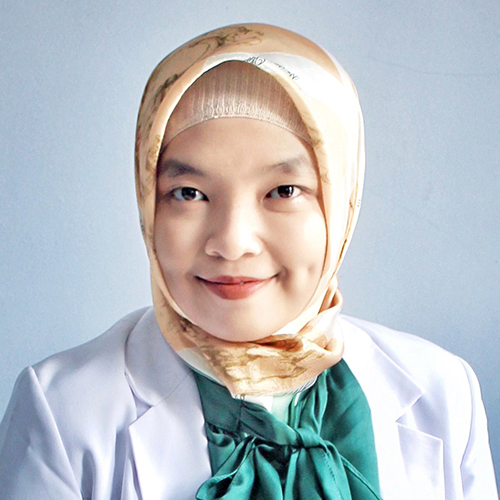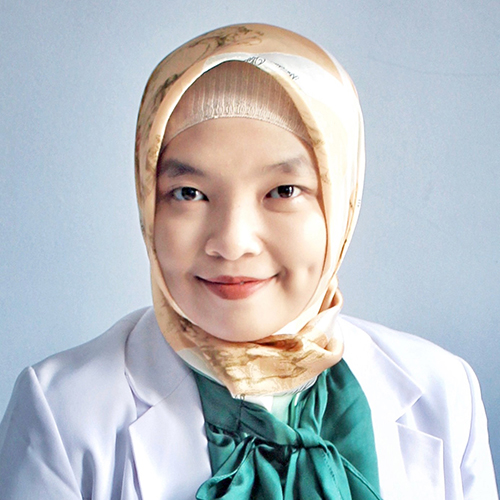 Complementary / Solid Foods Online Course(s) & Continuing Education
Complementary / Solid Foods Online Course(s) & Continuing Education
Access the latest clinical skills and research for Complementary / Solid Foods for Lactation & Breastfeeding professional training. These Complementary / Solid Foods online courses provide practice-changing skills and valuable perspectives from leading global experts. This Complementary / Solid Foods education has been accredited for a variety of CEUs / CERPs and can be accessed on-demand, at your own pace.


Dr. Dyah Febriyanti is a medical doctor, an IBCLC, a breastfeeding counselor, and a mother living in Jakarta, Indonesia. She has been working in hospitals since she graduated in 2012. She was facing many struggles to succeed breastfeeding her daughter for two years. She has been an IBCLC since 2017. She works with breastfeeding dyads in a team, called Praborini lactation team, consisting of all lady doctors in outpatient and inpatient care units. Concerning breastfeeding and nutrition in early life, she has published a semi-cookbook about complementary foods for breastfed babies and cooking videos to educate and help mothers feed their babies. She also has been working on scientific writing. She is a member of the Academy of Breastfeeding Medicine, International Lactation Consultant Association, and a trainer of the Indonesian Society of Perinatology.
Breastfeeding for the first two years has physical and psychological benefits. The baby should be well-fed through exclusive human milk for the first 6 months, then given complementary feeding (or 'start solids') while continuing to breastfeed until weaning after two years. Inadequate complementary feeding may lead to nutritional as well as developmental problems. Due to a lot of misinformation many parents are unaware of current recommendations on starting solids, and it is often a time when poor understanding of the baby’s nutritional needs leads to unnecessary concern about intake of solids and subsequent weaning. Education is crucial during this period, and it is important for health care providers to be up to date on the latest best practice guidelines and skilled at counselling parents to avoid unnecessary weaning and nutritional deficits.









